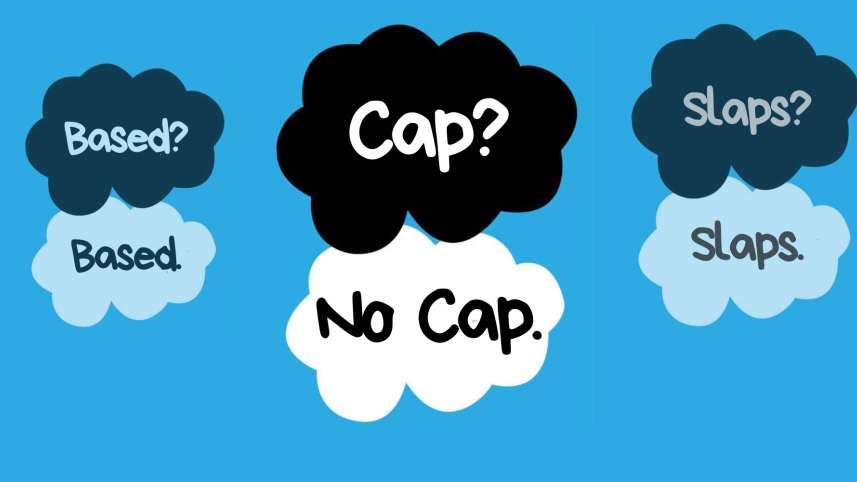Words that have gotten new meaning because of Gen Z

For the late 90s and early 2000s people like myself, Gen Z language is either cringy or incomprehensible. Instead of simply saying, "I disagree with you," a Gen Z kid will probably say something more convoluted like, "Normalise not immaculately vibing with someone's mental gaslighting energy."
Gen Z language is essentially taking a commonly used English word and distorting its meaning to use it in a brand-new context. Due to this process, the older generation simply cannot associate a word with its original meaning anymore.
Let's look at some of the many words that have gotten new meanings thanks to Gen Z.
Ratio
While the word still means to compare two or more quantities, its Gen Z meaning has a more specific use.
Suppose you comment something under a post and get a few likes on it. Then, someone else replies to your comment, and they end up getting more likes than you. Thus, you just got 'ratioed' because they have more likes than you.
Mid
When someone says a Netflix show is mid they mean that it is mediocre at best. However, the usage of the word has increased rapidly. Now, the meaning has become very ambiguous. Nowadays, mid could mean anything from plain mediocre to absolute trash.
Snowflake
A snowflake is someone who gets offended very easily. Therefore, these days, it's always snowing on Twitter.
Periodt
The original meaning of the word period prevails. However, the 't' has been added for further emphasis. Every time this word is used, I picture someone sipping tea and getting a manicure.
Slaps
The meaning of this word has transitioned from a physical action to a feeling. If you loved a song, you might say, "This song really slaps!"
Cap
A cap is no longer just an accessory you wear on your head. Now, it's also used to refer to something fake or untrue.
People use the cap emoji in the comments when they think lies and misinformation are being spread. If you are a triggered Gen Z kid, chances are you have probably said 'cap' to this article a few times by now. Alternatively, 'no cap' means it's the truth, and you will hear someone saying it at the end of their sentence to sound more convincing.
Based
When you agree with a person's opinion or want to acknowledge them for demonstrating desirable and likeable behaviours, you say they are based. This is very helpful if you have trouble formulating compliments for people and their actions, so you simply reply to them by saying 'based'. Adding the word 'giga' before based means you're showing greater gratitude.
Dead
Millennials created 'LOL' and 'LMAO' and whilst they are still very much prevalent, Gen Z kids will also use 'dead' followed by three skull emojis. This is usually in response to an exceptionally funny joke, implying that they died out of laughter.
Eesaa wishes he knew which direction his life was going. Send him your condolences on Instagram @eesaakazi.



 For all latest news, follow The Daily Star's Google News channel.
For all latest news, follow The Daily Star's Google News channel.
Comments